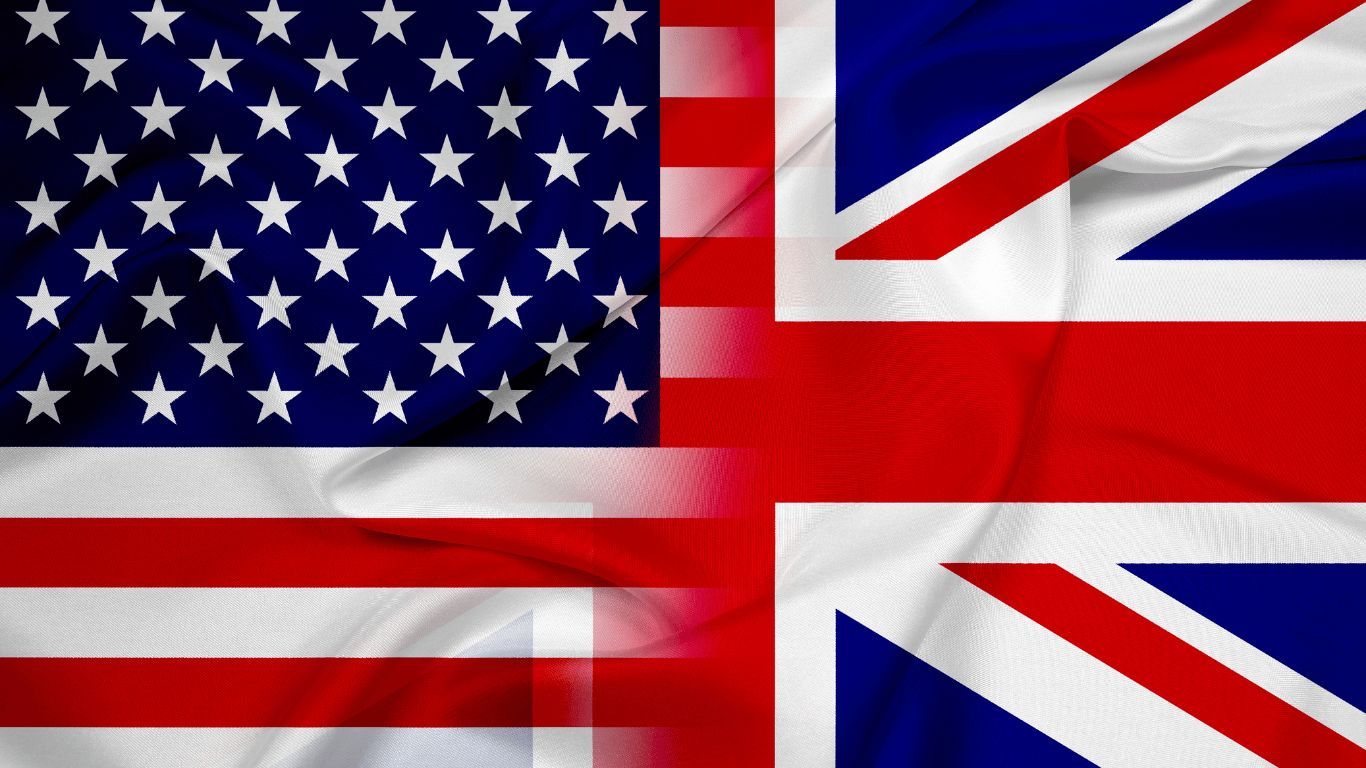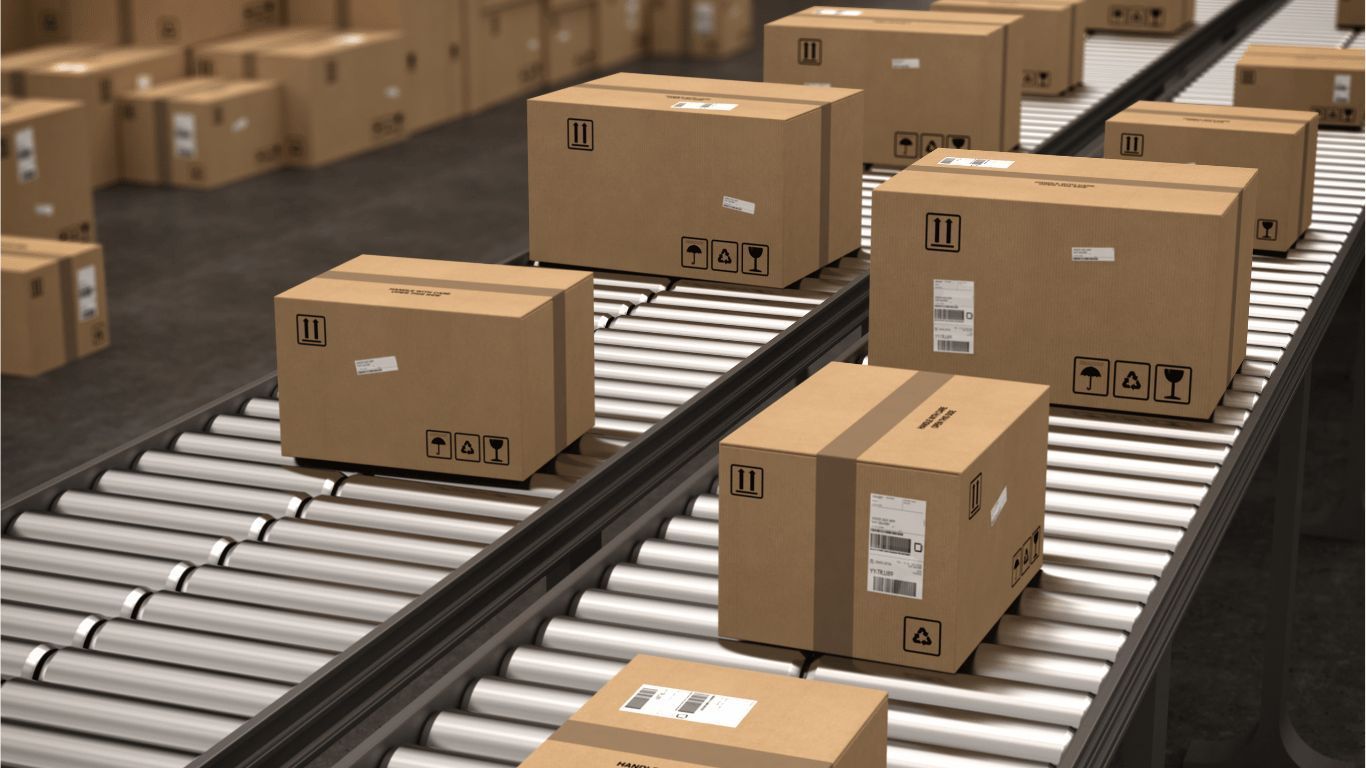Doing business with the USA can be difficult
Compliance with US Regulations
Navigating the high level of regulations set and enforced by different U.S. Government agencies, including the U.S. Customs and Border Protection (CBP), Department of Homeland Security, Bureau of Industry and Security, Department of Commerce, U.S. Department of Agriculture (USDA), U.S. Food and Drug Administration (FDA) and more, is often a tricky problem to overcome.
Learn more about U.S. Laws and Regulations >>>
Some companies find the areas of exporting and importing too complex and simply fail to develop any additional business and profits when dealing overseas. Others attempt to follow the regulations and remain compliant but find themselves in violation regardless due to misunderstandings. This leads to fines and penalties.
Learn more about my flexible professional export and import consulting services >>>
President Trump makes doing business with USA more difficult
Wide-Ranging U.S. Tariffs
President Trump has imposed extensive taxes on goods imported into the United States, including those from the United Kingdom, since assuming office on January 20, 2025. Importing companies pay tariffs, which are taxes on imports, in the nation where they are imposed.
Section 232 of the Trade Expansion Act of 1962 addresses national security concerns. The US Department of Commerce found that imports of steel, aluminium, cars, and auto parts were a threat to US national security, which gave the president the authority to impose tariffs.
President Trump proclaimed a national emergency by using the International Emergency Economic Powers Act (IEEPA). This gave him the opportunity to tackle several issues, such as combating drug use and illegal immigration, boosting US competitiveness, preserving national sovereignty, and bolstering the nation's economy and security.
Economic Prosperity Deal (EPD)
To reduce or remove tariffs on significant exports such as steel, aluminium, and automobiles, the United States and the United Kingdom signed the Economic Prosperity Deal (EPD) on May 8, 2025. It is not a full-fledged free trade agreement. In exchange for UK tariff reductions on US beef and ethanol, the agreement seeks to lower costs for UK exporters, although it is not legally enforceable and leaves specific policies and timetables up to future negotiations. While the UK's digital services tax remains controversial, the EPD includes commitments to work on a digital trade deal and negotiate more mutual recognition agreements.
The $800 de minimis rule
By eliminating low-cost imports from customs and duty procedures, the 1930 U.S. Tariff Act sought to reduce costs. The so-called "de minimis" threshold, which was first set at $1 per package, progressively rose to $800. For international drop shippers, fast-fashion companies, and other online retailers, the exemption became essential.
The $800 de minimis rule has now been abolished by the United States. Although the goal of this reform is to streamline international trade, it immediately and directly impacted the cost of imported goods, delivery times, and product selection.
For SMEs and e-commerce companies looking to access U.S. consumers, the rule significantly increased delivery times and increased import costs.
How I Can Help
Business Advice & Consultancy to help you.
With over 30 years’ experience of importing and exporting with the USA, I have helped numerous companies build successful international trade businesses, while ensuring they remain compliant with laws and regulations.
I work with clients to:
- Ensure Customs compliance and supply chain continuity whilst reducing costs.
- Help them develop their overseas presence, begin international trading and increase existing overseas business.
- Provide advice and guidance tailored for their needs to assure success when breaking into the lucrative U.S. market.
- Gain a comprehensive understanding of complex U.S. import and export requirements.
- Ensure business processes are mapped and that procedures are developed to guarantee due diligence with international trade regulations.
- Ensure that supply chain solutions are implemented to reduce disruption, maintain correct inventory levels and improve end customer delivery services.
Read more about our Import and Export Consulting Services >>>
Key Requirements of US Importing
Tariff Classification
Over 98% of all international trade employs the Harmonised System (HS) of commodity codes, which is widely acknowledged. Customs officers can identify the items being imported or exported and make sure the appropriate charges and tariffs are paid thanks to each unique tariff code. Inaccurately classifying goods may result in transit delays and extra expenses for the importer and/or the exporter. Goods must be correctly "classified" in accordance with the United States' Harmonised Tariff Schedule ("HTSUS") and their customs value assessed as part of the entry procedure.
Learn more about classifying goods for export and import >>>
Export Commercial Invoice
If a commercial invoice is prepared in compliance with Sections 141.86 through 141.89 of the US Customs Regulations and in the manner typical for a commercial transaction involving goods of the kind covered by the invoice, it is acceptable for customs purposes. The invoice should be signed by the seller, shipper, or their agent.
Learn more about what documents are necessary for imports and exports >>>
U.S. Non-Preferential Rules of Origin
The "substantial transformation" requirement is used in all U.S. non-preferential rules of origin systems for products that contain elements from more than one nation, either whole or in part. The substantial transformation criterion, which is based on a change in name, character, and use method, is applied case-by-case in most non-preferential schemes. This means that an article that contains materials from multiple countries in whole or in part is a product of the country in which it has undergone substantial transformation into a new and different article of commerce with a name, character, and use that differs from that of the article or articles from which it was so transformed.
Learn more about rules of origin >>>
U.S. Importer of Record
The US Importer of Record oversees the handling of the entire customs clearance procedure, paying customs taxes and duties, and filling out all required import paperwork. The owner, buyer, its authorised regular employee, or the licensed customs broker appointed by the owner, buyer, or consignee must customs enter merchandise arriving in the United States by commercial carrier. All legal responsibility for any trade compliance problems that occur during the import procedure rests with the U.S. Importer of Record.
Businesses must have a legitimate, financial presence in the United States to function as a U.S. Importer of Record. Alternatively, a foreign business may designate a qualified customs broker or service provider to serve as their official U.S. importer of record. To allow the U.S. Importer of record to act on behalf of the foreign importer, the foreign importer must provide a U.S. Power of Attorney (POA).
Learn more about Trade Compliance >>>
Import Duty and Sales Tax
Depending on the product category and country of origin, U.S. customs charges differ. To determine the precise rate owed, the U.S. importer must know the Harmonised Tariff Schedule, or USHTS code.
When products and services are sold to final consumers, the United States imposes a sales tax. In contrast, UK import VAT is assessed at the time of customs clearance.
Merchandise Purchasing Fee
The minimum and maximum Merchandise Processing Fees will be changed in fiscal year 2025 by U.S. Customs and Border Protection (CBP) owing to inflation. There will be no change in the Merchandise Processing Fee (MPF) ad valorem rate of 0.3464%. There will be changes to the MPF minimum and maximum for formal entries. The minimum will be $32.71 instead of $31.67, and the highest will be $634.62 instead of $614.35.
US Import and Export Regulations
Importers and exporters are encouraged by U.S. agencies to familiarise themselves with relevant rules and regulations. Businesses must comprehend and abide by all relevant import and export laws and regulations in the United States and the foreign country where they are operating if they hope to succeed.
Exporting out of the USA
Resources
Get in touch
Due to the nature of my work, it's typically easiest to complete this form and I will get back to you.




